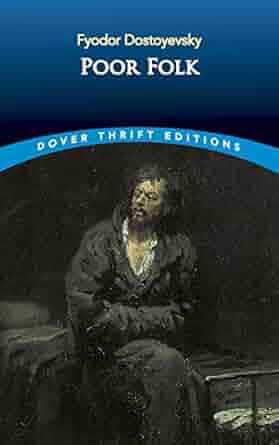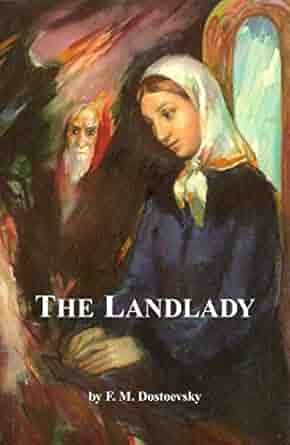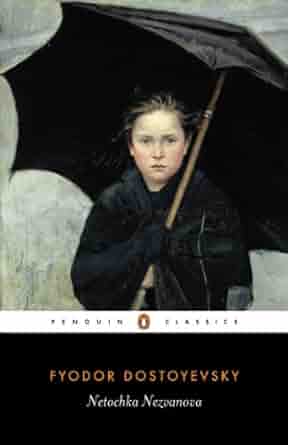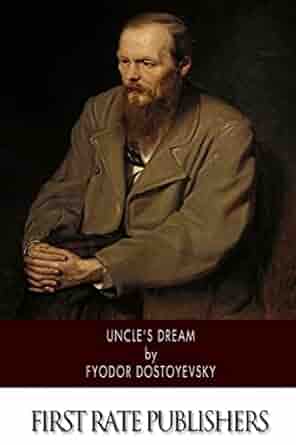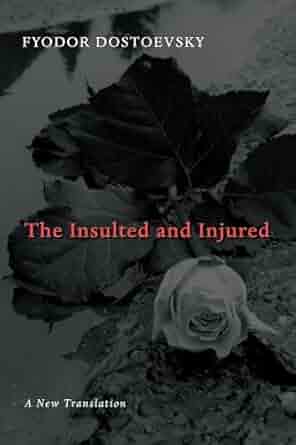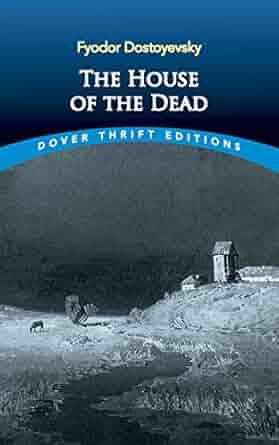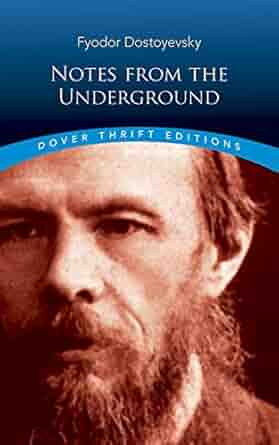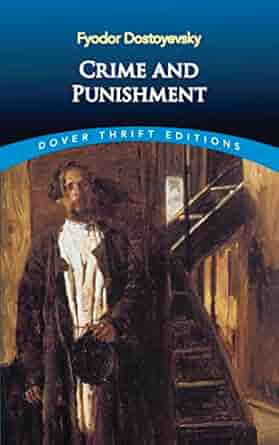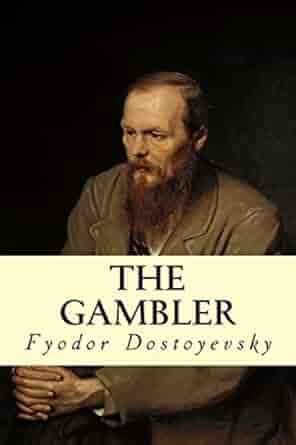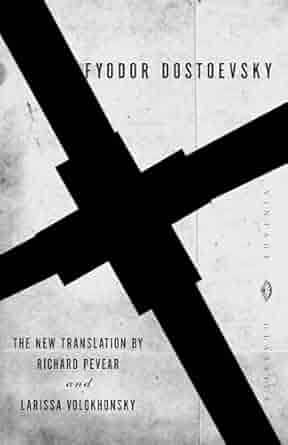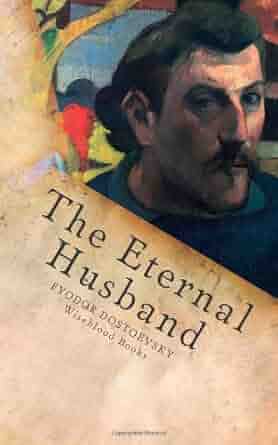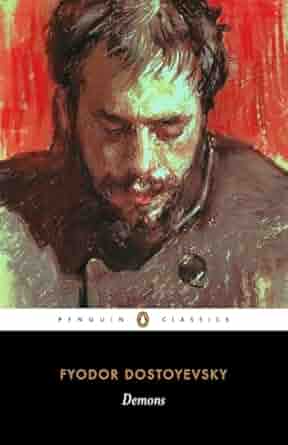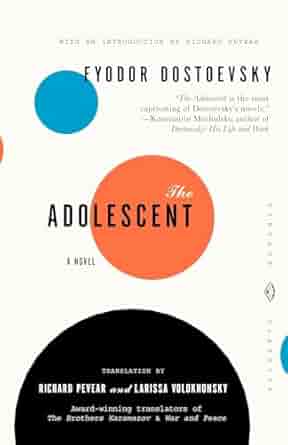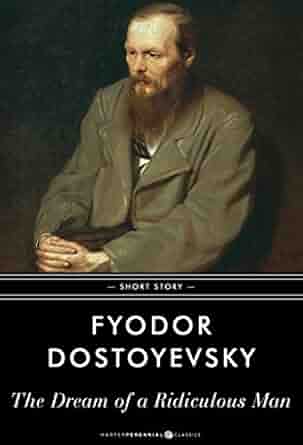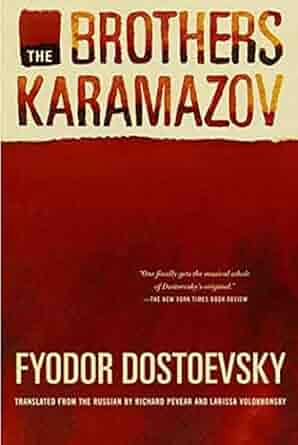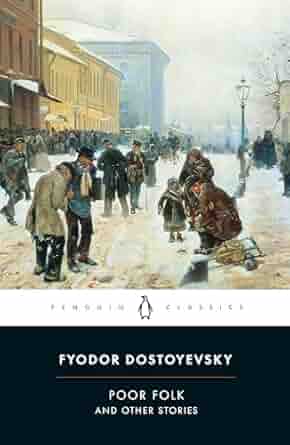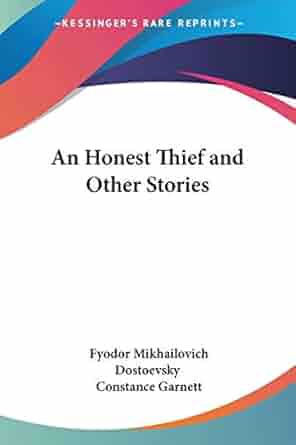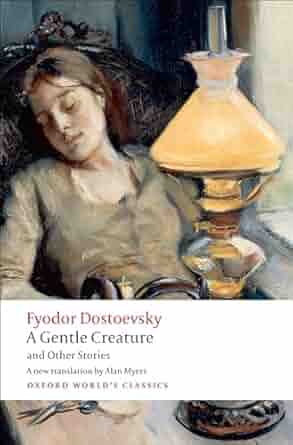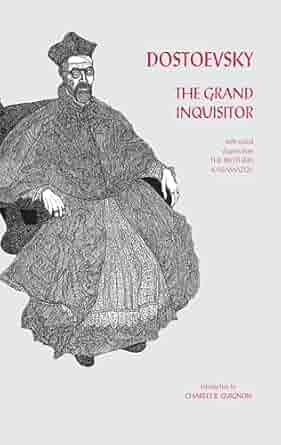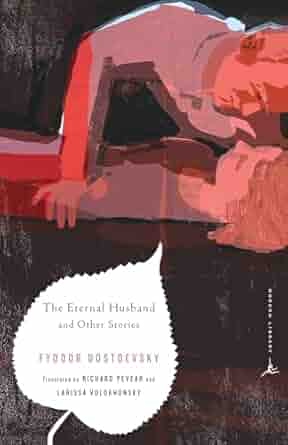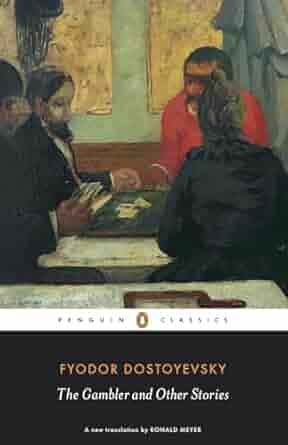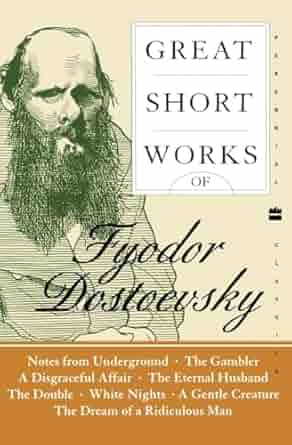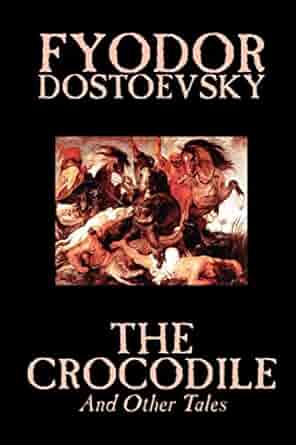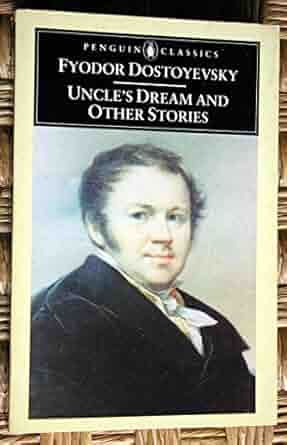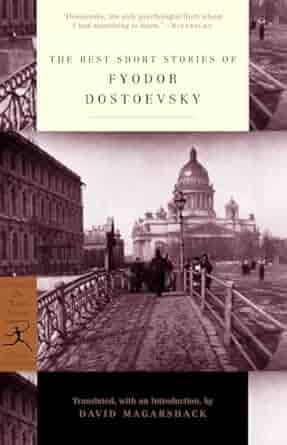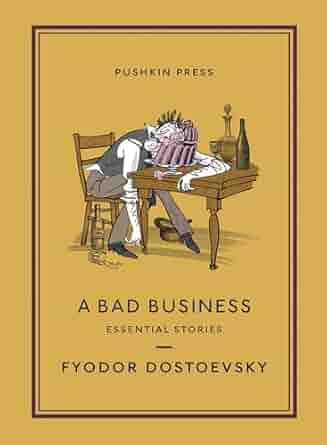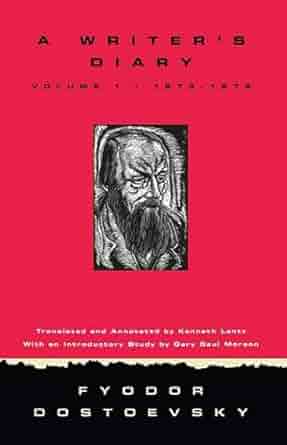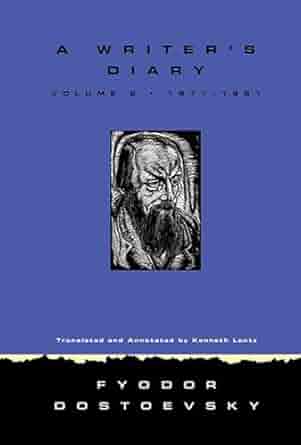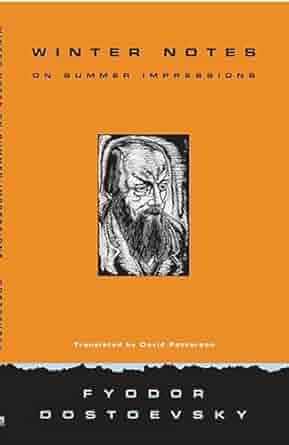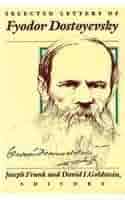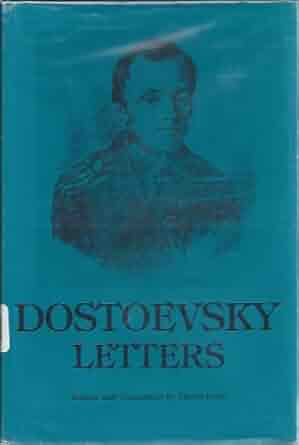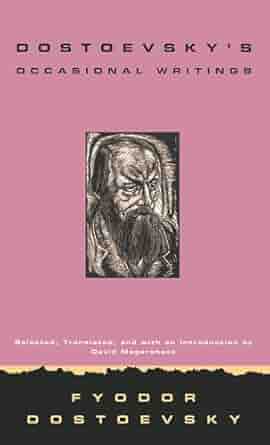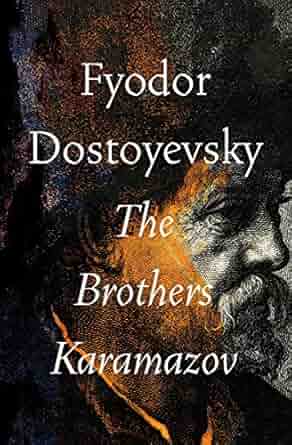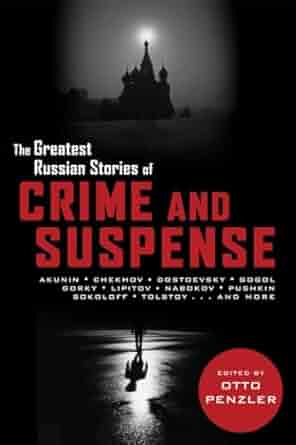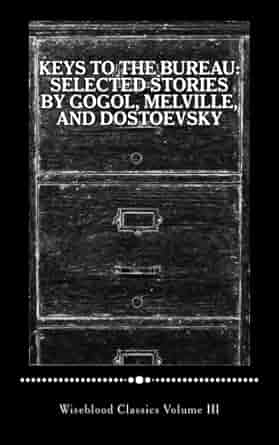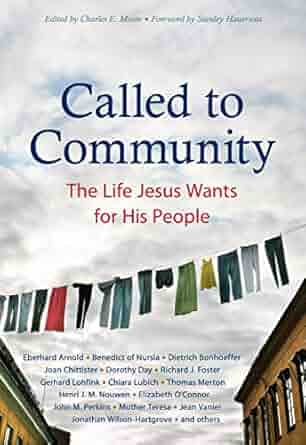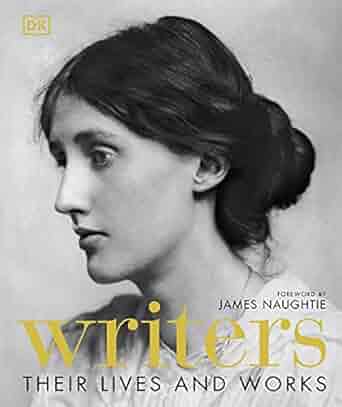Fyodor Dostoevsky Books in Order
This reading order guide provides the complete list of Fyodor Dostoevsky books in order, from the very first to the latest, so you can explore his entire literary legacy without missing a single book.
Fyodor Dostoevsky is one of those rare authors whose works still resonate with readers, centuries after they were written. Born in Moscow on October 30, 1821, he is often called one of the greatest novelists in all of literature. But Dostoevsky was more than just a writer — he was a deep thinker, a soul searcher, and a keen observer of human behavior. His novels are powerful explorations of the human mind, often focusing on individuals facing extreme psychological and moral dilemmas.
Dostoevsky’s life was far from ordinary. He was born into a religious and complex family. His father, a stern army doctor and a landowner, expected discipline and perfection, while his mother was known for her warmth and kindness. This clash between strict authority and tender compassion became a central theme in many of his stories. In fact, Dostoevsky’s writing often reflects a constant tug-of-war between judgment and forgiveness, guilt and grace — a reflection of his own life experience.
At a young age, Dostoevsky was already passionate about reading and storytelling. He received early education from his parents and private tutors, and later studied at a military engineering school in St. Petersburg. But after a short career as a military engineer, he realized his true passion was writing. In 1846, he published his first major work, Poor Folk, which was immediately praised by critics. This marked the beginning of an extraordinary literary journey.
Yet Dostoevsky’s path was never smooth. He faced imprisonment, exile, illness, and financial troubles. In 1849, he was arrested for being part of a political group and sentenced to death. At the very last moment, his sentence was changed to hard labor in Siberia — a harrowing experience that deeply influenced his writing and transformed his spiritual beliefs. After his return from exile, Dostoevsky emerged as a different man, full of questions about suffering, redemption, and the soul’s journey through darkness and light.
His time in prison left a permanent mark on his worldview. He began writing with more urgency and emotional intensity. Books like Notes from the Underground, The Idiot, The Brothers Karamazov, and Crime and Punishment show just how much he understood the complexity of the human condition. He created characters who struggle with guilt, madness, faith, and the search for meaning. His work touches on themes like free will, sin, inner conflict, and the need for grace — topics that still feel relevant today.
Perhaps what makes Dostoevsky so timeless is his ability to explore both the light and the darkness within people. His characters are never just good or bad. They are real, flawed, and filled with contradictions. From Raskolnikov’s guilt-ridden mind in Crime and Punishment to the existential ramblings of the Underground Man, Dostoevsky challenges us to look deeper into the motivations behind human behavior.
Even though he often wrote under pressure — due to money problems and gambling debts — his writing didn’t lose its depth. In fact, that intensity may have given his stories their sharp emotional edge. Readers often say his novels feel like more than just books. They’re experiences. They pull you into the lives of desperate people, lost souls, and seekers of truth. You don’t just read Dostoevsky; you feel him.
Dostoevsky’s influence goes far beyond Russian literature. His ideas shaped existentialism, modern psychology, and even theology. Writers like Albert Camus, Franz Kafka, and Jean-Paul Sartre admired him. So did thinkers such as Freud and Nietzsche, even if they didn’t always agree with him. To this day, readers and scholars continue to analyze his characters and ideas, proving how deep and lasting his work truly is.
Fyodor Dostoevsky died on January 28, 1881, but his words live on. He gave the world unforgettable stories that explore pain, hope, love, despair, and the mystery of being human. If you’re looking to read his books in order, you’re not just following a timeline — you’re stepping into one of the richest and most profound literary journeys of all time.

